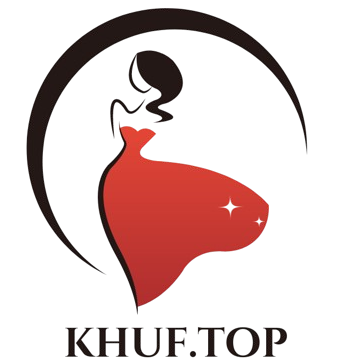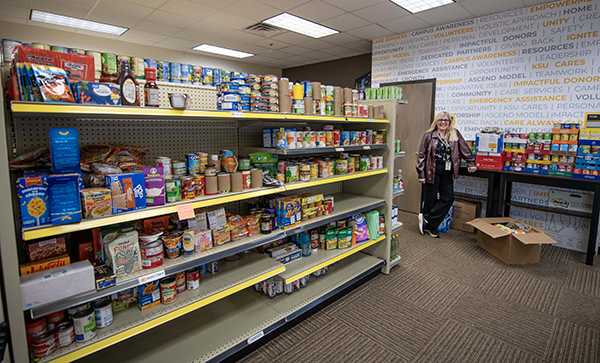With its “365 Days of Learning & Service” initiative, Kennesaw State University’s ( KSU) Norman J. Radow College of Humanities and Social Sciences is leading in the current era of increased environmental awareness.
The program brings together university, staff, and students each year to address current community issues. The parts of the problem and the initiative change from year to year. The conservation theme for this year includes economic, cultural, and management issues. Radow College is hosting events throughout the 23–24 academic year, including services learning classes, guest speakers who demonstrate conservation in their careers, tours showcasing KSU’s sustainability initiatives, and hands-on community wedding activities.
The school’s society places a high value on ecology. The University System of Georgia’s Radow College of Humanities and Social Sciences building was the first building to receive the most prestigious green building certification, the Silver Leadership in Energy and Environmental Design (LEED). Now, KSU has 22 LEED-certified buildings located throughout the Kennesaw and Marietta campuses. These buildings have eco-friendly materials, energy-efficient systems, and designs that increase natural light to lessen climate impact.
Additionally, the innovative ecology program OwlSwap is run by the Department of Geography and Anthropology at Radow College. The school group is committed to learning about the profoundly harmful effects that the fashion industry has on the environment, as well as sustainable, inclusive, and moral clothing choices and economic practices. With the aid of OwlSwap volunteers, it accomplishes this through regular clothes transfer events where students may transfer items from their wardrobes with their peers, thereby reducing apparel and textile spend.
The approach KSU takes to hardscape (pavers, sidewalks, planters, etc.) is part of its commitment to environmental responsibility. and landscape choices, all of which are crucial for managing water and fostering wildlife, such as including green spaces, local herb gardens, and weather gardens in its college planning. To protect the initial wooded area, KSU built the Arboretum on its campus in 1976. The Arboretum now serves as a location for academics and students to do research and examine different facets of protection, such as soil science, urban forest management, and tree density.
Sustainability is a complex problem that affects more than just the environment. Last year, Radow College collaborated with KSU’s Campus Awareness, Resource & Empowerment (CARE) Services to address issues like homelessness, food insecurity, and hunger on campus. Groups of students worked together to construct structures during this event using donated dry goods and canned foods. This year’s function highlighted the link between climate change and its effects on food production on a global scale, rising food prices, and local food insecurity. The occasion increased food donations and raised awareness of issues with food entry. The school donated 840 items in 2022, almost doubling its contribution to the more than 1600 items gathered during the 2023 function. The bottles are donated to KSU’s CARE Services after the constructions are constructed and evaluated in opposition.
Professors of geography at Radow College started the KSU Food Forest job, a 1/3-acre demonstration of sustainable industrial agriculture, outside the campus. This project shows how food forest systems can combat climate change, improve food security, and strengthen health not just on campus but also in nearby communities.
Additionally, KSU has implemented extensive waste reduction and reuse programs, including carefully placed recycling bins and a promotion to encourage staff and students to lessen their environmental footprint. The school has started composting programs that turn organic misuse into nutrient-rich soil for community gardens in collaboration with neighborhood organizations.
Education is at the heart of KSU’s conservation quest as an educational institution. In order to help develop socially conscious leaders, the university offers a wide range of courses on subjects like climate science, solar energy, and sustainable development. Radow College works with a number of KSU organizations to network workshops, workshops, and sustainability-themed events as part of the 365 Days of Learning & Service initiative. These events constantly involve students and the local community and encourage important discussions and actions related to ecological conservation. The flower 2024 semester may see more specific events.
Institutions across the state can look up to Radow College’s comprehensive conservation strategy, which includes clean energy, environmentally friendly facilities, waste reduction, education, and community involvement.

